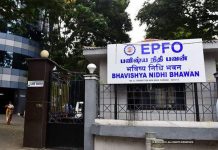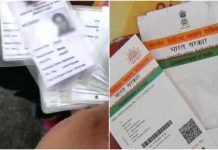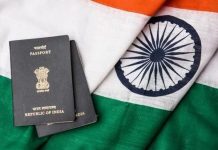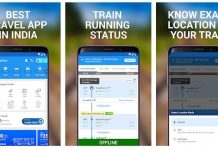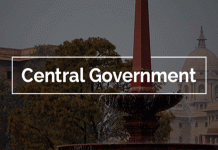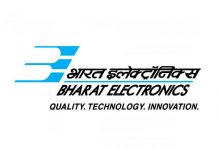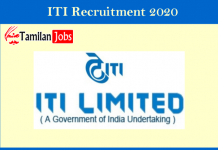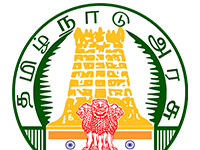
MOOC (Massive Open Online Course) platforms are fast gaining popularity in India. Many Indian students and working professionals have now started embracing MOOC platforms to develop deeper knowledge in their respective subjects. Considering the popularity and relevance of MOOCs, Government of India has also launched an indigenous platform, SWAYAM.
SWAYAM (Study Webs of Active Learning for Young Aspiring Minds) is basically an integrated MOOCs platform for distance education that is aimed at offering all the courses from school level (Class IX) to post-graduation level.
The platform has been developed collaboratively by MHRD (Ministry of Human Resource Development) and AICTE (All India Council for Technical Education) with the help of Microsoft and is capable of hosting 2,000 courses.
It may be noted that MHRD has also launched 32 DTH (Direct-To-Home) educational TV channels called SWAYAM Prabha. The DTH channels would broadcast education content (created on the MOOC platform, SWAYAM) to students 24X7.
The MOOC platform has been launched by the government with the objective of taking “the best teaching learning resources to all, including the most disadvantaged,” informs the official website. As per the Finance Minister of India, Arun Jaitley, “SWAYAM will enable students to virtually attend the courses taught by the best faculty; access high quality reading resources, participate in discussion forums; take tests and earn academic grades.”
Major features of the government’s online education platform, SWAYAM include:
• Course type and duration: There are two types of courses offered through SWAYAM – Credit and Non-Credit. Credit course is a course taught for at least one semester as part of a subject. Non-credit courses include courses such as awareness programme and specific skill-set training, which are not part of any set curriculum. Such courses can be of shorter duration, usually ranging from two to four months.
• Course components: Courses hosted on SWAYAM are available for students in four components: video lectures, downloadable/ printable reading material, self-assessment tests through quizzes and tests, and an online discussion forum for clearing doubts.
• Eligibility: Online education courses offered through the portal of SWAYAM (swayam.gov.in) can be accessed by anyone, anywhere, any time.
• Course fee: Courses offered via SWAYAM are free of cost for residents of India. However, in order to obtain certificate for a particular course students need to pay a nominal fee.
• Certification: Students who wish to obtain certificates for their courses need to get themselves registered on SWAYAM portal. Also, certificates are awarded to students only after successful completion of the course.
• Credits: At the end of each course, students will be assessed through a proctored exam. Marks/ grades secured by students in the exam can be transferred to their academic records. To implement the same, UGC has issued UGC (Credit Framework for online learning courses through SWAYAM) Regulation 2016 recommending universities to identify courses in which credits can be transferred to students’ academic records.
SWAYAM Courses Offered at UG Level
As already mentioned above, via SWAYAM different courses (from Class IX to post-graduation) are offered to students in a wide range of disciplines. These courses are offered by the faculties of leading colleges and universities in India. Given below are stream-wise subjects in which a variety of online education courses are being/ scheduled to be offered to students via SWAYAM at undergraduate level.
National Coordinators for SWAYAM
In order to ensure delivery of quality content, seven NCs (National Coordinators) have been appointed by the government and assigned a specific sector for preparation of online courses for SWAYAM. The seven NCs along with their designated sectors are as mentioned below:
| National MOOC Coordinators | Sectors |
| UGC (University Grants Commission) | Non-technology postgraduate degree programmes |
| NPTEL (National Programme on Technology Enhanced Learning) | Technical/ engineering UG & PG degree programmes |
| CEC (Consortium for Educational Communication) | Non-technology undergraduate degree programmes |
| IGNOU (Indira Gandhi National Open University) | Diploma and certificate programmes |
| NCERT (National Council of Educational Research and Training) | School educational programmes from Class IX to XII |
| NIOS (National Institute of Open Schooling) | Out-of-school children educational programmes from Class IX to XII |
| IIM Bangalore (Indian Institute of Management Bangalore) | Management programmes |
Finally, considering all the advantages associated with the government’s new MOOC platform, going forward it would be interesting to see if SWAYAM is able to bring in a significant change in India’s higher education system.



